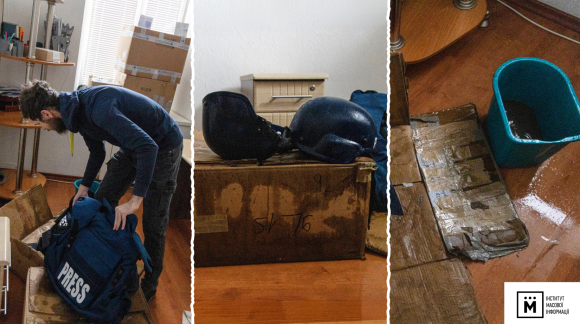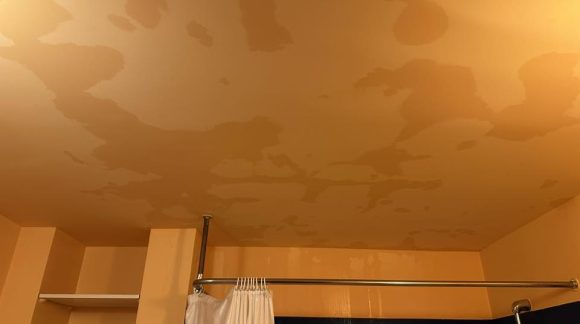Russia has willfully fired at journalists nearly 50 times in the two and a half years of the full-scale war, the Institute of Mass Information director Oksana Romaniuk reported on Hromadske Radio.
She says Russia’s August 24 strike on Sapphire Hotel in Kramatorsk, where journalists were staying, was deliberate. This is by far not the first time that Russia has targeted journalists.
“Messages from certain anonymous Russian online channels can be used as evidence, since some of them are ‘mouthpieces’ for Russia’s Ministry of Defense. It has been reported that the Kremlin sponsors a whole network of such channels and “experts” on Telegram. And the channel that wrote that ‘the journalists paid for their work’ can be regarded as voicing the Kremlin’s position,” she said.
Oksana Romaniuk added that in the years of the full-scale war, a sufficient body of evidence suggesting that Russia is willfully firing at journalists has been collected. According to her, international organizations have recorded cases of Russian snipers shooting at journalists wearing press badges. There has also been an instance of a Russian drone dropping explosives on a reporting crew.
“Over the past two and a half years, we recorded nearly 50 cases of Russia firing at journalists. And I am not counting instances of journalists coming under fire while interviewing the military on the front lines. This winter, we also had two cases when the Russians fired missiles at a hotel that was known to host journalists and filming crews, including international ones. This gained traction abroad as well. The Russians purposefully commit crimes against the media and journalists. To them, freedom of speech is a threat,” she said.
According to the IMI director, safety rules mandate that journalists do not stay in hotels as one group. Each member of the group must have separate accomodation in rented apartments or some other place available.
Romaniuk adds, that the experience of safety advisors working with foreign media mostly comes from Syria or Congo, where the situation is markedly different from the one in Ukraine.
“Listening to Ukrainian colleagues is crucial, because every war is different. Ours is different in that we are being fired upon by cruise and ballistic missiles, and the Russians are striking civilian objects,” she said.
Romaniuk added that 30 Ukrainian journalists are now in Russian detention and 11 media workers have died while reporting.
The reaction to such crimes by international organizations and the media remains somewhat inconsistent, she says.
“Yes, Reporters Without Borders have stated that journalists are targets for the Russians. At the same time, Reuters, in its report on their staff being killed by shelling, did not mention that the strike was done by Russia and that it was a Russian missile that killed him. I believe that this is wrong. It must be said that it was a Russian missile launched at a civilian object,” she noted.
Previously
The Russian missile strike on the Sapphire Hotel in Kramatorsk on August 24, 2024 killed Ryan Evans, a safety advisor with the British news agency Reuters.
Three more journalists with the Reuters crew – Ivan Lyubysh-Kirdey, Daniel Peleshchuk, and Victor Sayenko – were injured.
According to the police, the casualties inlcuded four injured reporters: citizens of the USA, Germany, Latvia, and Ukraine.
The Russian Telegram channel “Dva Mayora” that posts militarist propaganda admitted that the missile strike on Sapphire Hotel in Kramatorsk (Donetsk oblast) on August 24, when Reuters staff stayed there, had been deliberate.
The IMI has stated earlier that the Russian troops are targeting places where media workers gather, and has issued accommodation tips for journalists going on business trips.


